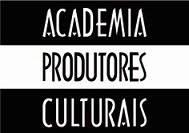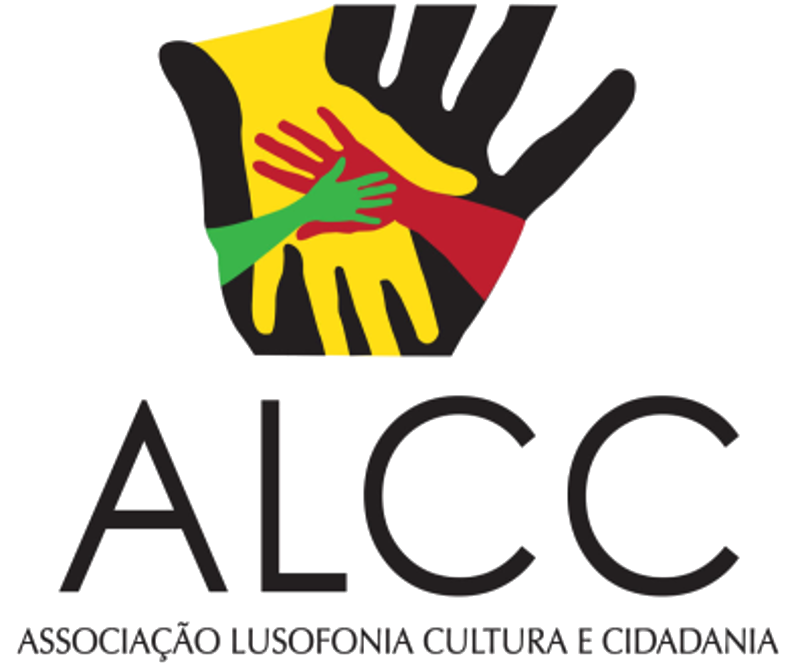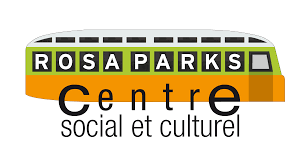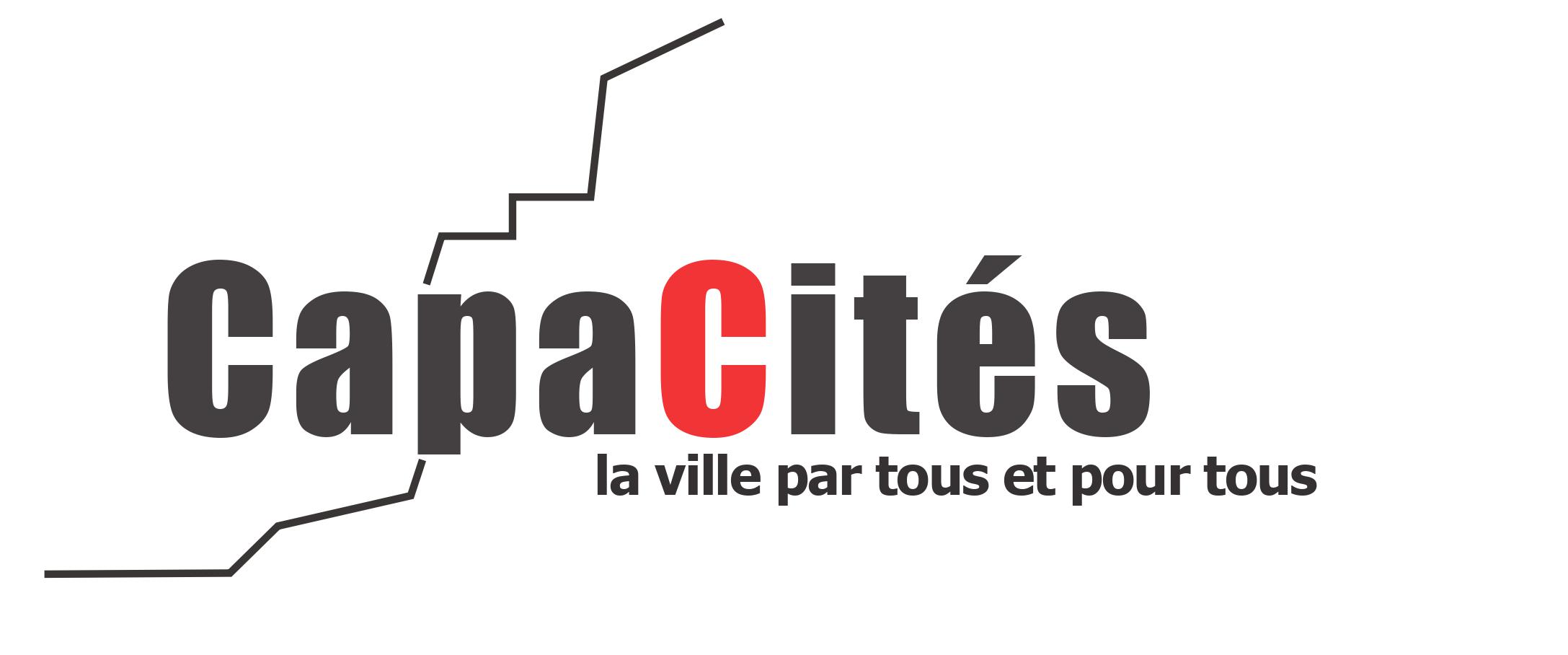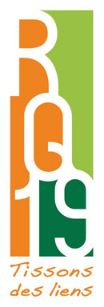Instituto Marquês de Valle Flôr
Created in 1951 as a private institution of public utility, IMVF is a foundation for development and cooperation that started its activity as a NGDO in 1988. From the 1990s onward, IMVF expanded its activity to other Portuguese speaking countries, broadening its scope of intervention.
Its mission is the promotion of human dignity, equal rights, opportunities and justice for all, improving the welfare of the most vulnerable populations, fighting against exclusion and contributing towards a more sustainable planet as a cornerstone to guarantee living conditions for present and future generations.
Its work is centred on a strong commitment to best practices in the strengthening of communities, public entities and civil society regarding the respect of values and principles such as solidarity, gender equality, sustainability, accuracy and transparency. With a staff of 250, of which more than 90% are involved in field work, IMVF has become a key stakeholder in different areas of expertise and intervention.




